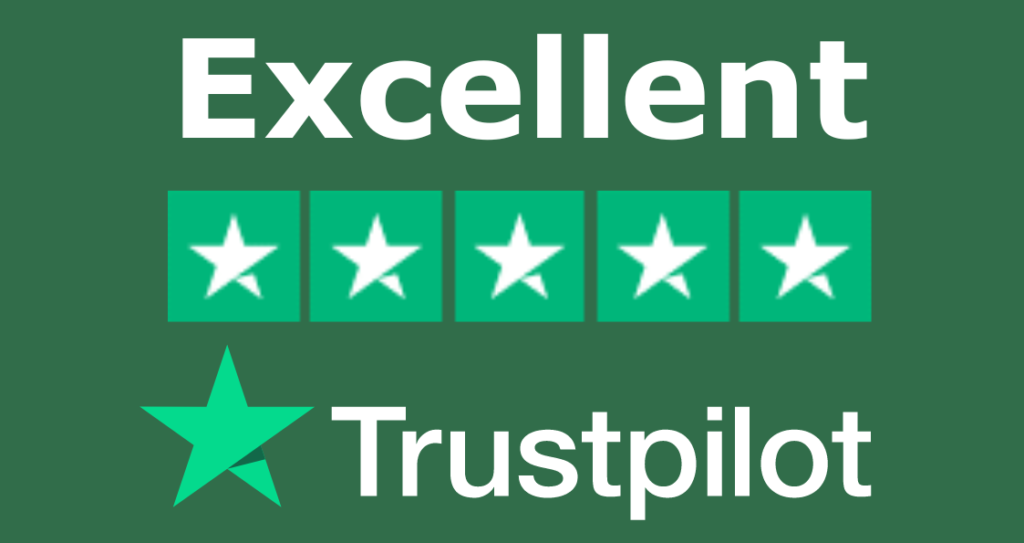Find out why it is important for businesses to budget for commercial insurance, discussing the risks of being underinsured or uninsured, and how insurance can provide financial protection in case of unexpected events.
Importance of budgeting for commercial insurance
Budgeting for commercial insurance is an essential part of managing a business. Commercial insurance provides financial protection to a business in case of unexpected events such as lawsuits, property damage, or liability claims. It is important to budget for commercial insurance because it helps businesses manage the financial risks associated with these events.
Here are some key reasons why budgeting for commercial insurance is important for businesses:
Legal requirements: Depending on the industry, businesses may be required by law to carry certain types of insurance, such as workers’ compensation or liability insurance. Failure to comply with these requirements can result in penalties, fines, or legal liability.
- Financial protection: Commercial insurance provides financial protection to a business in case of unexpected events such as property damage, theft, or liability claims. Without insurance, businesses may have to pay for these expenses out of their own pockets, which can have a significant impact on their financial stability.
- Risk management: By budgeting for commercial insurance, businesses can implement risk management strategies that help reduce the likelihood and severity of losses. For example, implementing safety protocols or investing in security systems can help prevent property damage or theft, which can lead to lower insurance premiums and fewer claims.
- Peace of mind: Knowing that a business is financially protected in case of unexpected events can provide business owners and managers with peace of mind. This can allow them to focus on growing their business and serving their customers, rather than worrying about potential financial losses.
Overall, budgeting for commercial insurance is an important aspect of managing a business. It helps businesses manage financial risks, comply with legal requirements, implement risk management strategies, and gain peace of mind. By working with an experienced insurance broker, businesses can select the right insurance policies for their needs and budget, and ensure that they are adequately protected in case of unexpected events.
Factors that affect the cost of commercial insurance
There are several factors that can affect the cost of commercial insurance. Understanding these factors can help businesses budget for insurance and select the right policies for their needs. Here are some of the most common factors that can impact the cost of commercial insurance:
- Type of business: The type of business and its industry can impact insurance costs. For example, construction companies typically have higher insurance costs due to the higher risk of accidents and injuries on job sites, while a consulting firm may have lower insurance costs due to the lower risk of physical injuries or property damage.
- Size of business: The size of the business can also impact insurance costs. Larger businesses generally have higher premiums due to the increased risk and exposure they have.
- Location: The location of the business can impact insurance costs. Businesses in areas with a high risk of natural disasters, such as hurricanes or earthquakes, may have higher premiums for property insurance.
- Claims history: A business’s claims history can impact insurance costs. Businesses with a history of frequent claims or large losses may be considered higher risk and may have higher premiums.
- Coverage amounts: The amount of coverage a business requires can also impact the cost of insurance. Higher coverage amounts generally result in higher premiums.
- Deductibles: The deductible is the amount the business is responsible for paying before the insurance coverage kicks in. Higher deductibles generally result in lower premiums, while lower deductibles result in higher premiums.
- Risk management: Businesses that implement risk management strategies, such as safety protocols or security measures, may be eligible for lower insurance premiums due to the reduced risk of accidents or losses.
Understanding these factors can help businesses anticipate the cost of commercial insurance and take steps to reduce their premiums where possible. By working with an experienced insurance broker, businesses can select the right policies for their needs and budget, and ensure that they are adequately protected in case of unexpected events.
Tips for reducing the cost of commercial insurance
There are a few ways to reduce the cost of commercial insurance. First, make sure you shop around to get the best deal. Compare different policies and providers to see which one offers the most coverage for the lowest cost. Second, consider raising your deductible. A higher deductible will typically result in lower premiums. Third, try to bundle your policies if you need more than one type of insurance. Some providers offer discounts for bundling multiple policies. Finally, make sure you don’t let your coverage lapse. Having continuous coverage can help you qualify for additional discounts.
Reviewing and updating insurance policies
Carefully reviewing and updating your commercial insurance policies can save you money in the long run. Doing so can help you identify any areas of potential risk and take measures to mitigate them. Additionally, it can help you make sure that you are not over- or under-insured in any area, ensuring that you are properly protected while keeping your insurance costs as low as possible. Taking the time to review and update your policies regularly is an important step in the budgeting process for commercial insurance.
Working with an insurance broker
Working with an insurance broker can be a valuable resource for businesses that are budgeting for commercial insurance. Here are some reasons why working with an insurance broker can be beneficial:
- Access to multiple insurance providers: Insurance brokers have access to multiple insurance providers, which allows them to compare policies and prices to find the best options for their clients. This can save businesses time and effort in researching and comparing insurance options on their own.
- Expertise and advice: Insurance brokers are trained professionals who can provide expertise and advice on insurance policies and coverage options. They can help businesses navigate complex insurance policies and regulations, and provide recommendations for the most cost-effective and comprehensive coverage options.
- Tailored insurance solutions: Insurance brokers work closely with their clients to understand their specific insurance needs and create tailored insurance solutions that meet their unique requirements. This can help businesses avoid overpaying for unnecessary coverage or being under-insured.
- Ongoing support and advocacy: Insurance brokers provide ongoing support and advocacy to their clients, including assisting with claims processing and helping businesses understand any changes or updates to their insurance policies. This can provide peace of mind and ensure that businesses are properly protected in case of unexpected events.
- Cost savings: Insurance brokers may be able to negotiate better rates or discounts with insurance providers, which can result in cost savings for businesses. Additionally, brokers can help businesses avoid costly mistakes or gaps in coverage that could result in financial losses.
In summary, working with an insurance broker can provide businesses with access to expertise, tailored insurance solutions, ongoing support, and cost savings, all of which can be valuable when budgeting for commercial insurance.















